Marketing automation service streamlines and automates marketing tasks, such as email campaigns, lead nurturing, segmentation, and analytics. It improves efficiency, enhances customer engagement, and helps businesses deliver targeted, personalized content to prospects. Popular tools include HubSpot, Marketo, and Mailchimp.
Our Marketing Automation Services
We Provide all kinds of marketing automation services few of them are listed below.

Email Marketing Automation
Automating email campaigns, such as welcome emails, follow-ups, and triggered messages based on user behavior.

Lead Nurturing Automation
Sending targeted content to prospects at different stages of the sales funnel to nurture and convert leads.

Behavior-Based Automation
We automate triggering actions based on user behavior, like website visits, clicks, or completed purchases.

Social Media Automation
Automating social media posts, scheduling, and monitoring for improved social media management.

Segmentation and Personalization Automation
Automatically segmenting audiences based on specific criteria and delivering personalized content.

Drip / Message Campaign Automation
Sending a series of scheduled messages to subscribers or leads over time.
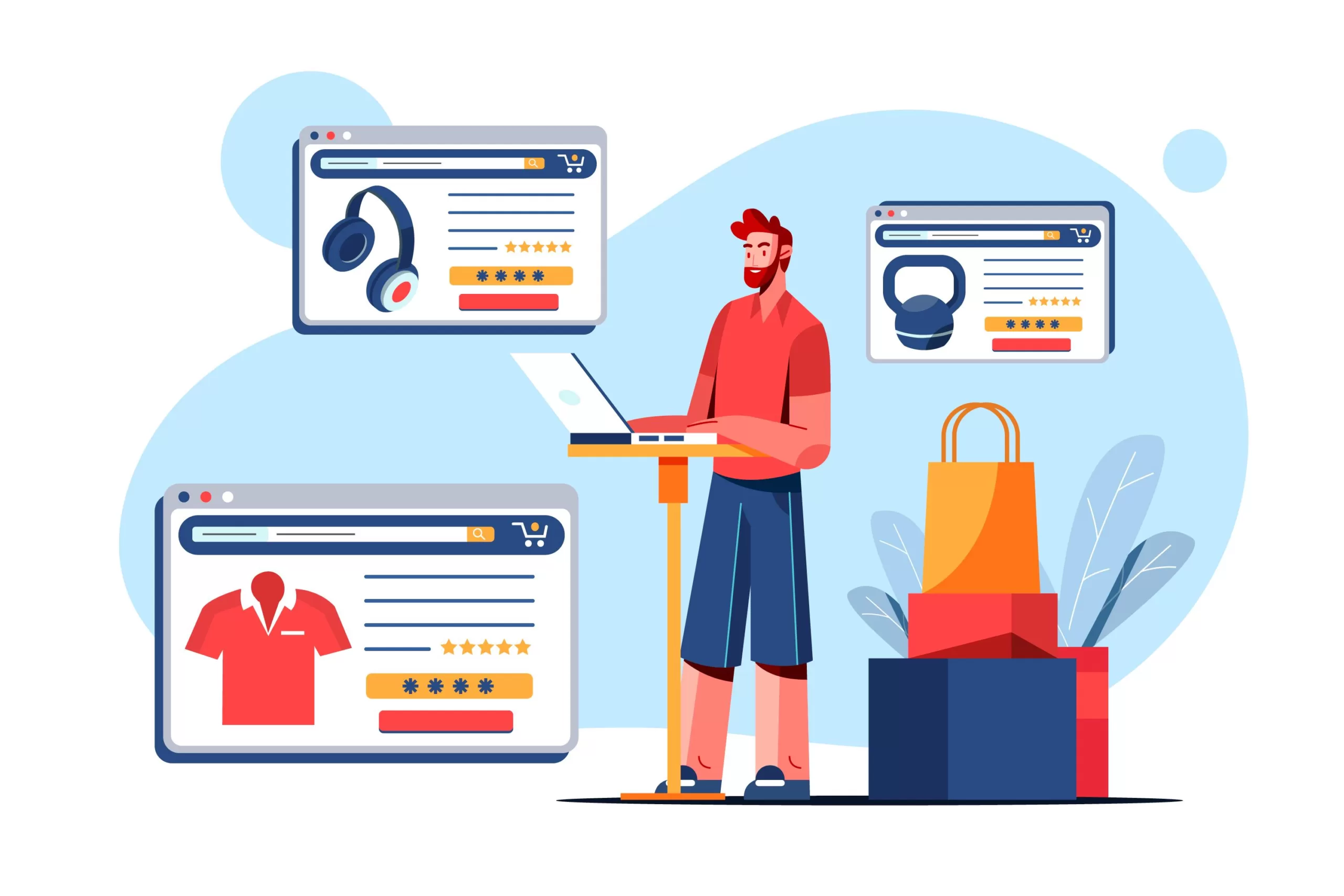
Abandoned Cart Recovery Automation
Sending reminders to users who abandoned their shopping carts to encourage completion.

Lead Scoring Automation
Automatically assigning scores to leads based on their interactions and behavior.

Event Triggered Automation
Triggering specific actions or messages based on events or milestones in the customer journey.
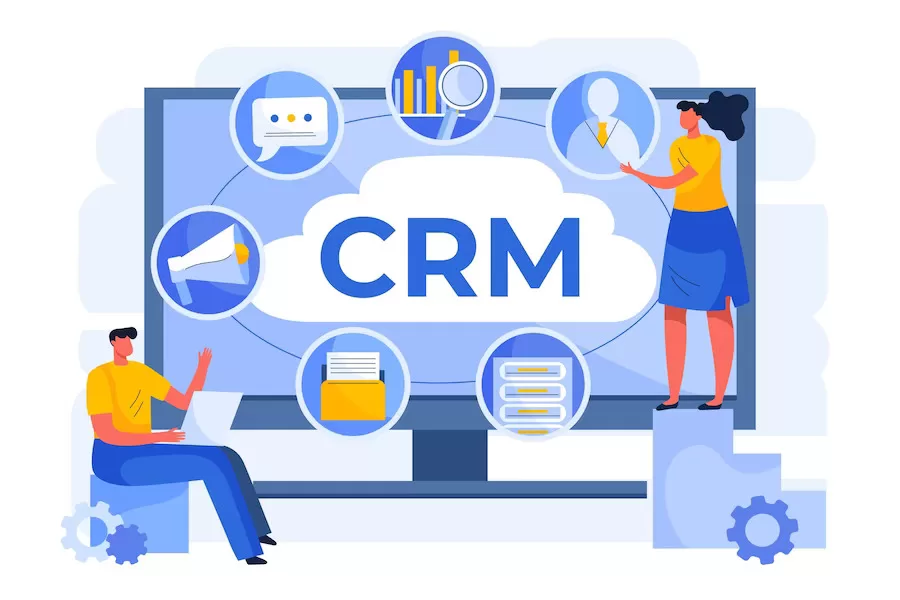
CRM Integration Automation
Syncing marketing data with Customer Relationship Management (CRM) systems for a unified view of customers.
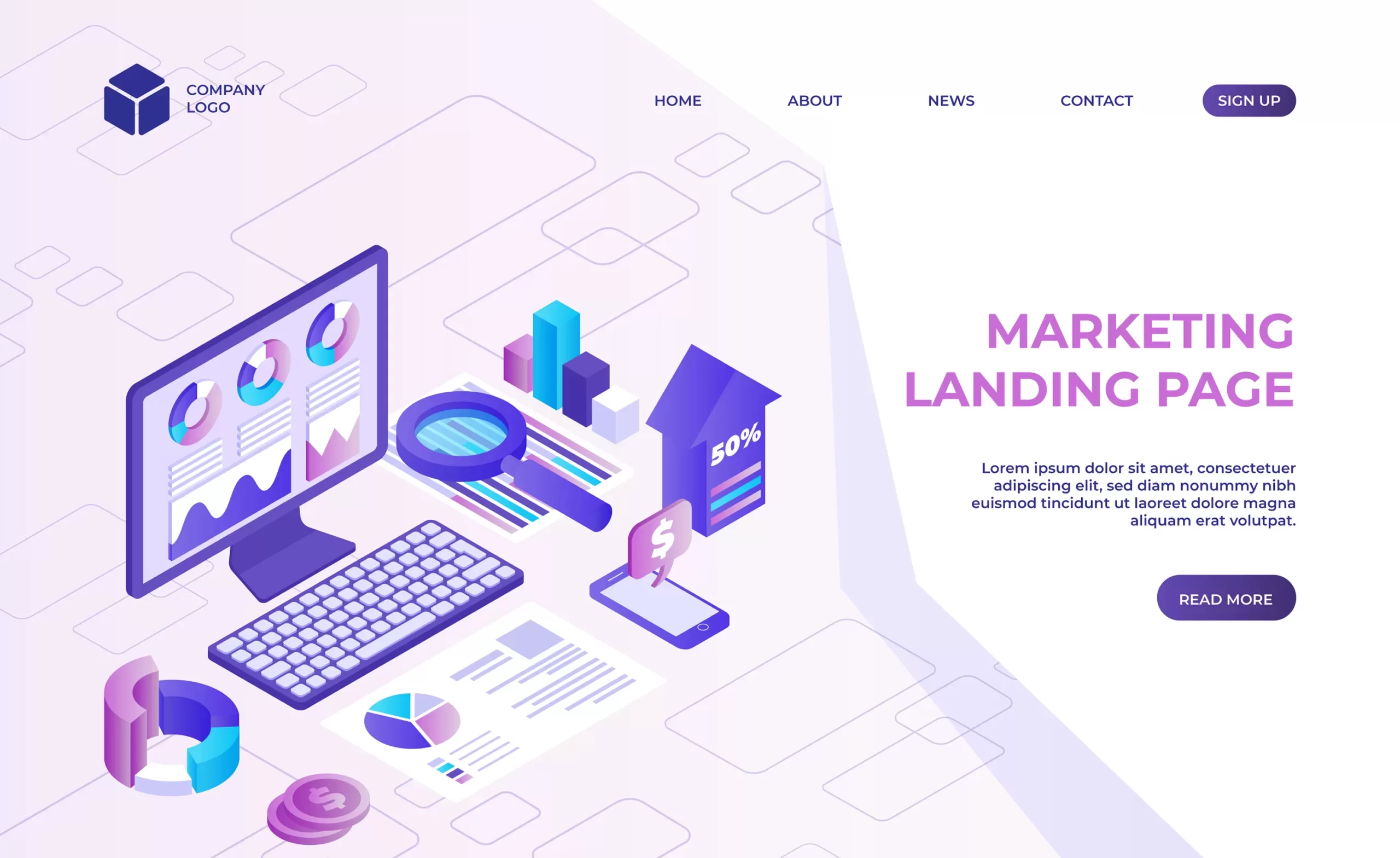
Landing Page and Form Automation
Automating the creation and optimization of landing pages and forms to capture leads efficiently.
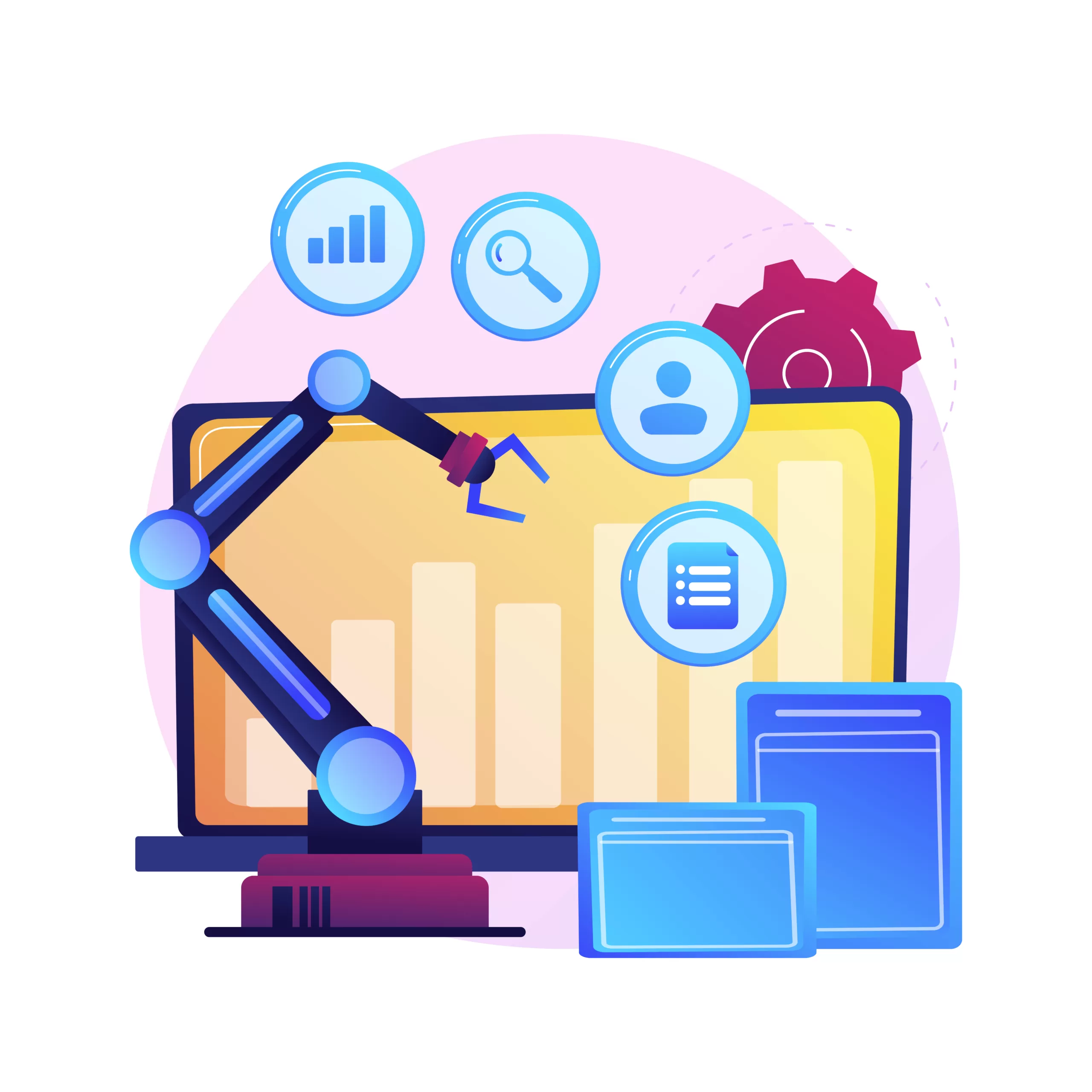
Web Personalization Automation
Customizing website content based on user data and behavior.
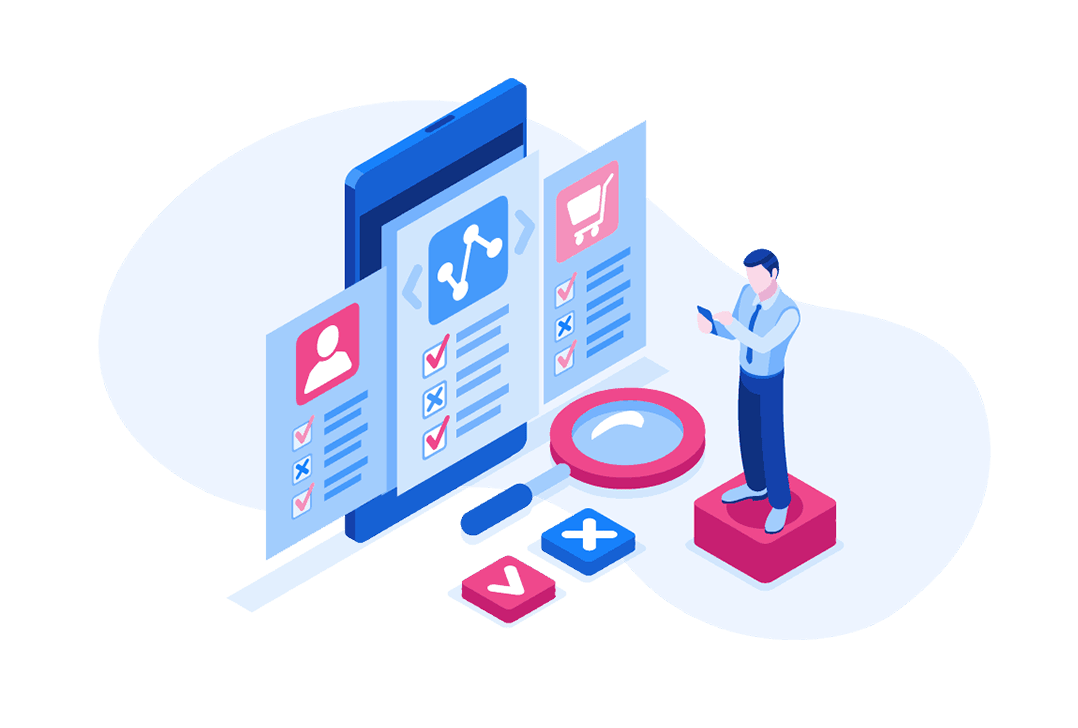
Surveys and Feedback Automation
Automating the distribution of surveys and feedback requests to collect customer insights.
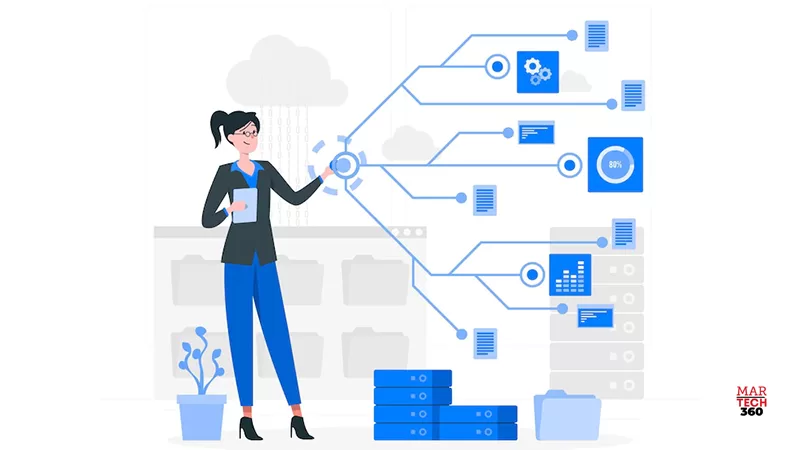
Customer Onboarding Automation
Guiding new customers through an automated onboarding process.
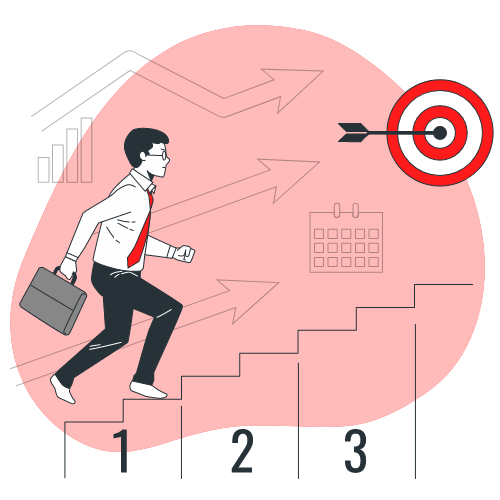
Lets Drive Sales
Lets talk to increase your Revenue Traffic.
How marketing automation Services Helps Business?
Businesses need e-commerce services for several compelling reasons
- Time Savings
- Lead Nurturing
- Improved Lead Management
- Personalization
- Segmentation
- Increased Conversions
- Automated Email Campaigns
- Cross-Selling and Upselling
- Lead Scoring and Qualification
- Consistent Messaging
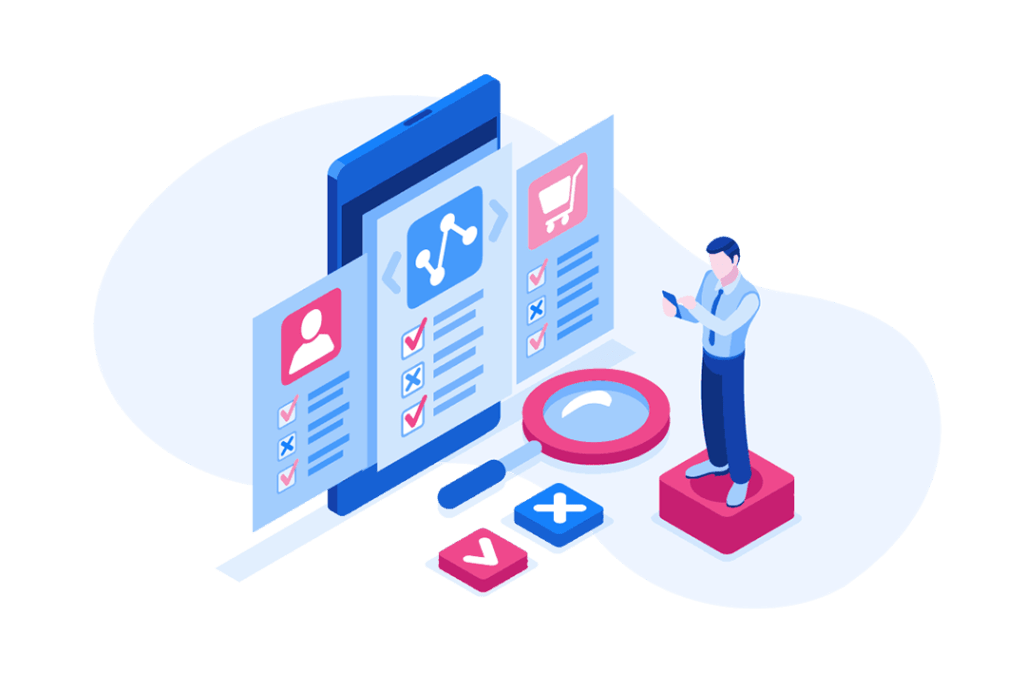
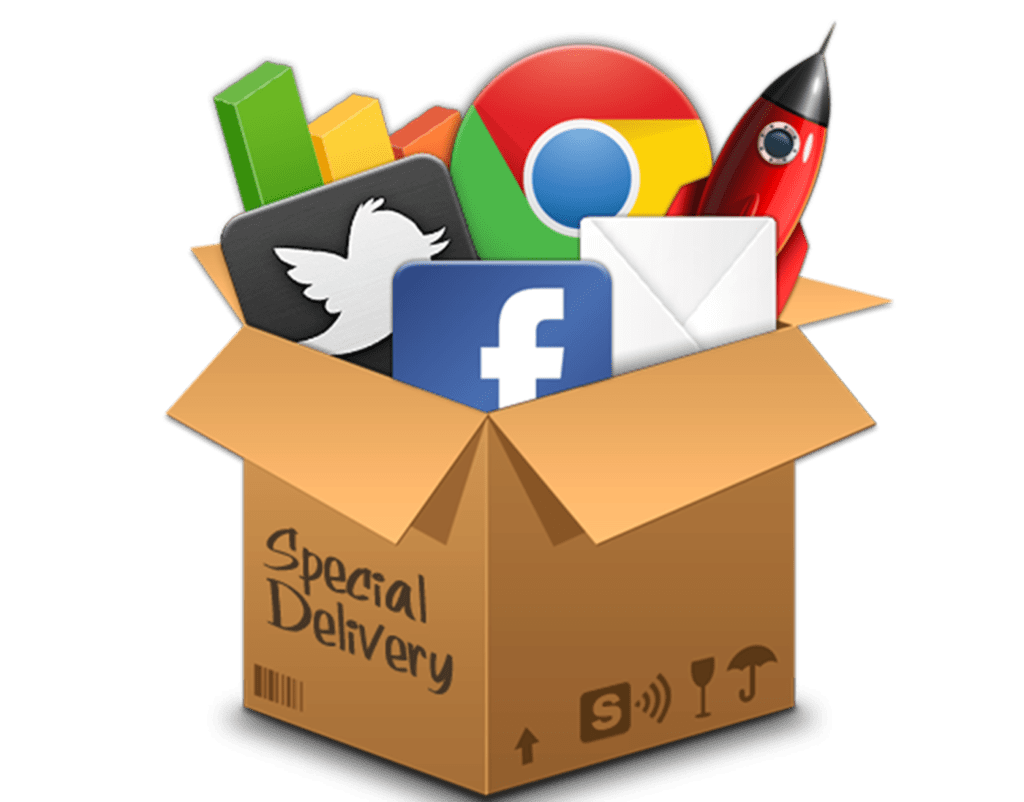
Get Started Today
Get Prices Like Nothing Else
Building a strong brand online, you can differentiate yourself from the competition, build trust and credibility with your audience, and create a loyal customer base that supports your business over the long term.

Reasons why a business might choose buimb digitals marketing automation service
Buimb Digital's service likely offers a wide range of marketing automation features, including email marketing, lead nurturing, segmentation, analytics, social media management, and more. This comprehensive suite of tools allows businesses to implement a holistic marketing strategy from a single platform.
Buimb Digital's marketing automation service may boast an intuitive and user-friendly interface, making it easy for marketers and business owners to navigate, set up campaigns, and manage automation workflows without the need for extensive technical expertise.


Buimb Digitals can help businesses expand their reach by managing product listings on multiple online marketplaces, maximizing their potential customer base.
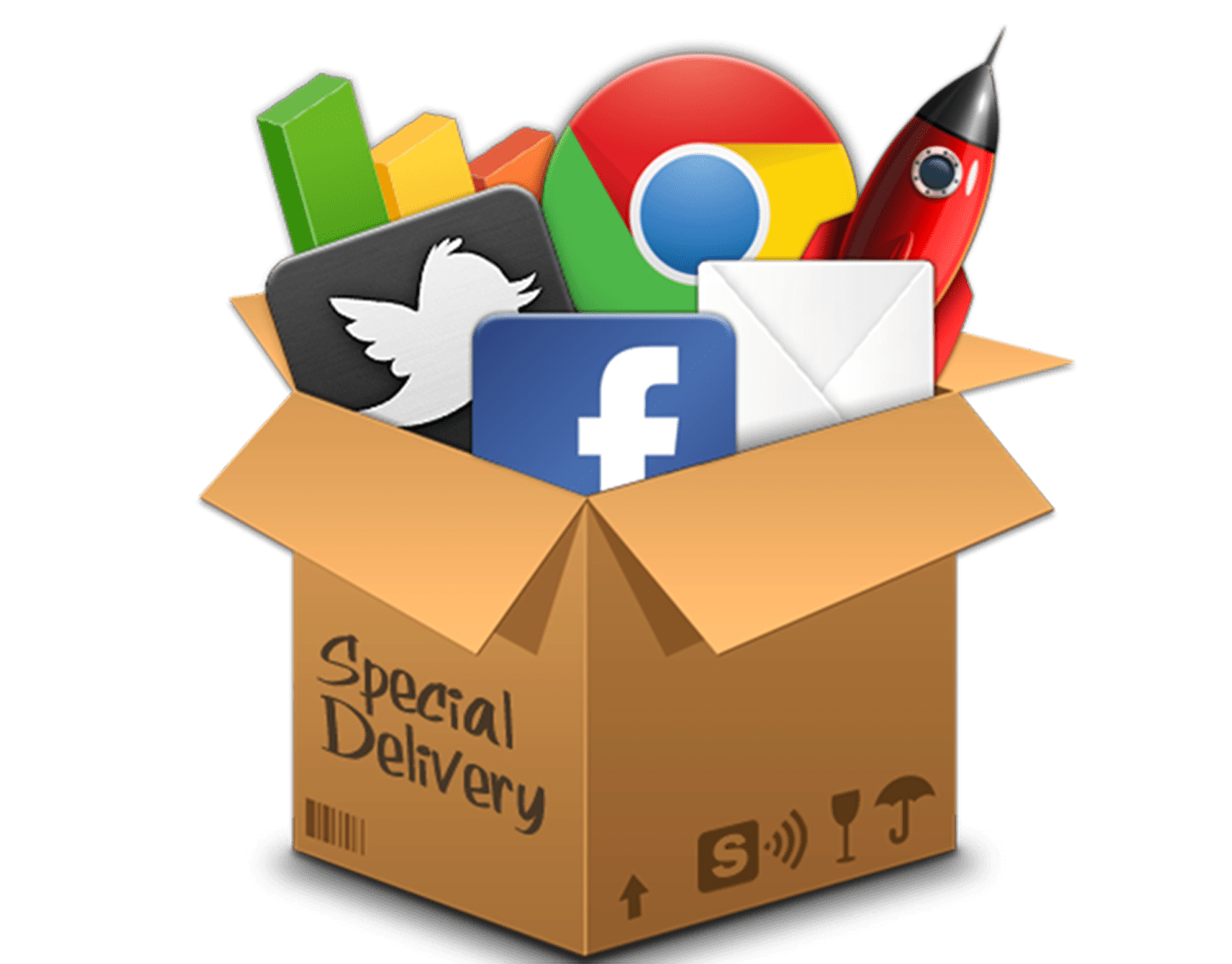
Bring growth to business
Lets talk to increase your sales.
Need Help?
FAQs
what is a marketing automation service ?
Marketing automation service refers to the use of software and technology to automate various marketing tasks and processes. This type of service allows businesses and marketers to streamline their marketing efforts, improve efficiency, and enhance customer engagement.
Here are some common features and capabilities you might find in a marketing automation service:
Email Marketing Automation: This feature allows you to set up automated email campaigns, such as welcome emails, drip campaigns, abandoned cart reminders, and personalized follow-ups based on customer behavior.
Lead Nurturing: Marketing automation helps you nurture leads through targeted content and automated workflows. It allows you to deliver relevant content to prospects based on their interests and actions, ultimately guiding them through the sales funnel.
Segmentation and Personalization: Marketing automation tools can segment your audience based on various criteria, such as demographics, behavior, and interests. This enables you to personalize your marketing messages for different segments, leading to higher engagement and conversion rates.
Social Media Management: Some marketing automation services offer social media management features, including scheduling posts, monitoring mentions, and analyzing performance.
Analytics and Reporting: Marketing automation tools provide insights into campaign performance, user behavior, and conversion rates, helping you measure the success of your marketing efforts and make data-driven decisions.
Lead Scoring: With lead scoring, you can prioritize and identify the most promising leads based on their engagement and behavior, enabling your sales team to focus on high-potential prospects.
Workflow Automation: Marketing automation allows you to create automated workflows based on specific triggers and actions, ensuring that your marketing messages reach the right people at the right time.
CRM Integration: Many marketing automation services integrate with Customer Relationship Management (CRM) platforms, allowing seamless data exchange and providing a comprehensive view of your customer interactions.
A/B Testing: Marketing automation tools often include A/B testing capabilities, enabling you to test different variations of your marketing campaigns and optimize for better results.
Popular marketing automation services include HubSpot, Marketo, Pardot, ActiveCampaign, Mailchimp, and many others. When choosing a marketing automation service, consider factors like your budget, business needs, integration options, and scalability to ensure the service aligns with your marketing goals and objectives.
How marketing automation Services Helps Business?
Marketing automation services offer several benefits to businesses, helping them improve efficiency, enhance customer engagement, and achieve their marketing goals. Here are some ways marketing automation services help businesses:
Time Savings: Automation streamlines repetitive marketing tasks, saving time for marketers to focus on strategy, creativity, and other high-value activities.
Lead Nurturing: Automation allows businesses to nurture leads with personalized content, guiding them through the sales funnel and increasing the likelihood of conversion.
Improved Lead Management: Marketing automation services help track and manage leads effectively, ensuring that they receive relevant content and timely follow-ups.
Personalization: By leveraging customer data, marketing automation enables businesses to deliver personalized messages and offers, enhancing customer experience and engagement.
Segmentation: Automation tools allow businesses to segment their audience based on demographics, behavior, and preferences, leading to more targeted and effective campaigns.
Increased Conversions: With timely and relevant communication, marketing automation can lead to higher conversion rates and improved ROI.
Automated Email Campaigns: Businesses can set up automated email campaigns, such as welcome series, abandoned cart reminders, and post-purchase follow-ups, to maintain customer engagement and loyalty.
Cross-Selling and Upselling: Marketing automation can identify opportunities for cross-selling and upselling to existing customers based on their behavior and purchase history.
Lead Scoring and Qualification: Automation tools can score and qualify leads, allowing the sales team to prioritize efforts on the most promising prospects.
Consistent Messaging: Automation ensures consistent messaging across various marketing channels, maintaining brand identity and coherence.
Analytics and Insights: Marketing automation services provide valuable data and insights into campaign performance, allowing businesses to make data-driven decisions and optimize their marketing strategies.
Integration with CRM: Integration with Customer Relationship Management (CRM) systems allows businesses to have a unified view of customer interactions and improve overall customer management.
Workflow Automation: Businesses can create automated workflows to trigger specific actions based on user behavior, ensuring timely and relevant responses to customer actions.
Scalability: Marketing automation allows businesses to scale their marketing efforts efficiently as they grow, without significantly increasing resources.
Overall, marketing automation services empower businesses to streamline their marketing processes, deliver targeted and personalized experiences, and build stronger relationships with their customers, leading to increased customer satisfaction and business success.
Reasons why a business might choose buimb digitals marketing automation service
A business might choose Buimb Digital’s marketing automation service for several compelling reasons:
Comprehensive Marketing Automation Features: Buimb Digital’s service likely offers a wide range of marketing automation features, including email marketing, lead nurturing, segmentation, analytics, social media management, and more. This comprehensive suite of tools allows businesses to implement a holistic marketing strategy from a single platform.
Ease of Use and User-Friendly Interface: Buimb Digital’s marketing automation service may boast an intuitive and user-friendly interface, making it easy for marketers and business owners to navigate, set up campaigns, and manage automation workflows without the need for extensive technical expertise.
Customization and Personalization: The service might allow businesses to create highly personalized and tailored marketing campaigns. This level of customization can significantly improve customer engagement and increase conversion rates.
Seamless Integration: Buimb Digital’s marketing automation service may integrate smoothly with other essential business tools, such as CRM systems, content management platforms, and e-commerce platforms. This integration ensures a seamless flow of data and improves overall marketing effectiveness.
Scalability and Flexibility: Whether the business is small, medium-sized, or large, Buimb Digital’s service may offer scalability and flexibility to accommodate changing marketing needs and growth requirements.
Data Insights and Analytics: The service may provide in-depth data insights and analytics, helping businesses measure the performance of their marketing campaigns, track key performance indicators (KPIs), and make data-driven decisions to optimize their strategies.
Lead Management and Nurturing: Buimb Digital’s marketing automation service might excel in lead management, allowing businesses to efficiently capture, nurture, and qualify leads, increasing the likelihood of converting them into customers.
Automated Workflows: The service may enable businesses to set up complex automated workflows based on user behavior, ensuring timely and relevant communication with customers at every stage of their journey.
Customer Support and Training: Buimb Digital may provide excellent customer support and training resources, helping businesses get the most out of their marketing automation service and addressing any technical issues promptly.
Cost-Effectiveness: The value proposition offered by Buimb Digital’s marketing automation service, in terms of its features, support, and pricing, might make it a cost-effective solution for businesses looking to enhance their marketing efforts without breaking the bank.
In conclusion, a business might choose Buimb Digital’s marketing automation service because it provides a powerful and user-friendly platform with a comprehensive set of features, personalized campaigns, seamless integrations, scalability, data insights, and excellent customer support, contributing to improved marketing efficiency and business growth.
list and define all types of ecommerce marketplace management service
E-commerce marketplace management services encompass various aspects of managing a business’s presence on online marketplaces. Here are the key types of services offered:
Product Listing and Optimization Service: This service involves creating and optimizing product listings on multiple marketplaces to enhance visibility, conversion rates, and search rankings.
Inventory Management Service: Ensures accurate and real-time synchronization of inventory levels across different marketplaces to prevent overselling or stockouts.
Order Processing and Fulfillment Service: Streamlines order management by centralizing orders from various marketplaces for efficient processing and timely fulfillment.
Pricing and Competitive Analysis Service: Monitors competitors’ pricing strategies and market trends, providing insights to adjust pricing and remain competitive.
Marketing and Promotions Service: Executes marketing campaigns and promotional activities to increase product visibility, drive traffic, and boost sales.
Customer Service Management Service: Handles customer inquiries, complaints, and returns across multiple marketplaces to provide excellent customer support.
Performance Analytics Service: Provides detailed reports and analytics on sales performance, customer behavior, and marketplace trends to inform data-driven decision-making.
Policy Compliance Service: Ensures businesses adhere to each marketplace’s rules, regulations, and policies, reducing the risk of penalties or account suspension.
Channel Expansion Service: Assists businesses in exploring new marketplaces and expanding their reach to additional platforms.
Integration with eCommerce Platforms Service: Integrates the marketplace management system with the business’s existing eCommerce platform for seamless data transfer and streamlined operations.
Multilingual and Internationalization Service: Helps businesses reach global audiences by managing translations, localization, and international marketplace expansion.
Brand Protection and Intellectual Property Service: Monitors and protects brands from unauthorized sellers, counterfeit products, and intellectual property infringement on marketplaces.
Content Creation and Design Service: Creates visually appealing and persuasive content, including images, product descriptions, and brand materials, to engage customers.
Seller Performance Improvement Service: Assesses and improves seller performance metrics on marketplaces to maintain a positive reputation and account health.
Each type of eCommerce marketplace management service plays a crucial role in supporting businesses to succeed in the competitive online marketplace environment, allowing them to focus on their core operations while leveraging specialized expertise for marketplace success.
what is email marketing automation and how does it works?
Email marketing automation is a process of automating and streamlining email communications with your audience based on predefined triggers, events, or user behavior. It allows businesses to send relevant and timely messages to their subscribers or customers, improving engagement and driving desired actions.
Here’s how email marketing automation works:
Subscriber Acquisition: The process begins with building an email list through opt-in forms on websites, landing pages, or other lead capture methods. Subscribers voluntarily provide their email addresses and consent to receive communications from the business.
Segmentation: Once subscribers are acquired, they are segmented based on various criteria like demographics, behavior, interests, or past interactions. This segmentation helps businesses send targeted and personalized content to different audience segments.
Trigger Events: Email marketing automation relies on trigger events or actions taken by subscribers. These can include signing up for a newsletter, completing a purchase, abandoning a cart, clicking a specific link, or inactivity for a certain period.
Automation Workflows: Marketers set up automation workflows that specify what actions should occur in response to trigger events. These workflows determine the series of automated emails that will be sent to subscribers based on their behavior.
Email Content Creation: The next step involves creating engaging and relevant email content for each stage of the automation workflow. This content can include welcome emails, personalized product recommendations, special offers, or educational content.
Sending Automated Emails: When a trigger event occurs, the automation platform automatically sends the corresponding email from the predefined workflow to the subscriber. For example, if a new subscriber joins the list, they may receive a welcome email immediately.
Behavior-Based Triggers: Automation platforms continuously monitor subscriber behavior, and if they perform specific actions or reach predefined milestones, additional emails can be triggered. For instance, if a subscriber abandons their shopping cart, the platform may send a follow-up email with a reminder and a discount offer.
Drip Campaigns: Some automation workflows include drip campaigns, which are a series of scheduled emails sent at regular intervals to nurture leads or maintain engagement over time.
Measuring and Analyzing Results: Throughout the process, marketers measure the performance of email campaigns using metrics like open rates, click-through rates, and conversion rates. This data helps them analyze the effectiveness of their email marketing efforts and make data-driven improvements.
By automating the email marketing process, businesses can efficiently deliver personalized content to the right audience at the right time, leading to increased engagement, improved customer satisfaction, and ultimately, higher conversion rates and sales.
what is lead nurturing and how does it works?
Lead nurturing is a strategic process of building and maintaining relationships with potential customers (leads) through consistent and personalized communication. The goal of lead nurturing is to guide leads through the sales funnel, educating and engaging them at each stage until they are ready to make a purchase decision.
Here’s how lead nurturing works:
Identifying and Acquiring Leads: The lead nurturing process begins with lead acquisition. Leads can be acquired through various channels, such as website sign-ups, content downloads, social media engagement, events, or other lead generation efforts.
Segmentation: Once leads are acquired, they are segmented based on various criteria like demographics, behavior, interests, or stage in the buying journey. Segmentation helps tailor content and messages to the specific needs and preferences of each group.
Creating Relevant and Valuable Content: After segmentation, businesses create valuable and relevant content that addresses the pain points and interests of each lead segment. Content may include blog posts, whitepapers, case studies, webinars, or other educational resources.
Automated Email Campaigns: Email marketing automation plays a crucial role in lead nurturing. Automated email campaigns are set up with a series of personalized emails sent at regular intervals. These emails provide valuable information, answer common questions, showcase product benefits, and share success stories.
Lead Scoring: Lead scoring is often integrated into the lead nurturing process. It assigns scores to leads based on their interactions with the content and website, indicating their level of interest and engagement. This helps prioritize leads for sales follow-up.
Triggered Emails: Besides scheduled emails, triggered emails are also sent based on specific actions or events. For example, if a lead visits a pricing page or downloads a product demo, a targeted follow-up email can be triggered.
Progressive Profiling: As leads continue to engage with the content, businesses can collect more information about them through progressive profiling. Rather than asking for too much information upfront, additional data is gathered over time, keeping the interaction more natural.
Personalization: Personalization is a key element of lead nurturing. By addressing leads by their names, recommending content based on their interests, and tailoring messages to their specific needs, businesses create a more personalized and engaging experience.
Monitoring and Measuring: Throughout the lead nurturing process, businesses monitor lead engagement and behavior, track email open and click rates, and measure conversions. This data helps assess the effectiveness of the nurturing campaigns and make data-driven adjustments.
Handoff to Sales: The lead nurturing process continues until leads reach a certain level of engagement and readiness to make a purchase. At this point, the qualified leads are handed off to the sales team for further nurturing and conversion into customers.
By consistently providing valuable content and personalized experiences, lead nurturing helps businesses build trust, stay top-of-mind with leads, and increase the likelihood of converting them into loyal customers.
How AI is used in automation services?
AI (Artificial Intelligence) is extensively used in automation services to enhance efficiency, optimize processes, and provide more personalized and intelligent experiences. Here are some ways AI is used in automation services:
Predictive Analytics: AI algorithms analyze large sets of data to identify patterns and trends, enabling businesses to predict customer behavior, preferences, and future outcomes. This helps in making data-driven decisions and optimizing marketing strategies.
Personalization: AI is used to analyze customer data and behavior to deliver personalized content and recommendations. Personalization enhances customer engagement and increases the chances of conversion.
Chatbots and Virtual Assistants: AI-powered chatbots and virtual assistants are used in customer support to provide instant responses to common queries and automate routine interactions, saving time and resources for businesses.
Natural Language Processing (NLP): NLP allows AI systems to understand and process human language, enabling voice-activated assistants and chatbots to interact with users more effectively and naturally.
Automated Content Creation: AI tools can generate content such as product descriptions, email subject lines, social media posts, and even articles based on specific keywords or topics.
Lead Scoring and Qualification: AI algorithms can assess lead data, behavior, and engagement to score and qualify leads automatically. This helps sales teams prioritize leads that are most likely to convert.
Dynamic Pricing: E-commerce businesses use AI algorithms to adjust product prices dynamically based on demand, competitor pricing, and other factors, optimizing revenue and profits.
Recommendation Engines: AI-powered recommendation engines analyze user behavior and purchase history to suggest relevant products, services, or content, increasing cross-selling and upselling opportunities.
Image and Video Recognition: AI can analyze images and videos to recognize objects, faces, or even sentiment, allowing businesses to automate content moderation, product tagging, and more.
Process Automation: AI is used in robotic process automation (RPA) to automate repetitive tasks across various departments, increasing efficiency and reducing errors.
Sentiment Analysis: AI-powered sentiment analysis tools monitor social media and customer feedback to gauge public opinion about a brand, product, or service.
Fraud Detection: AI algorithms analyze transaction data and user behavior to detect and prevent fraudulent activities in real-time.
Supply Chain Optimization: AI helps businesses optimize their supply chain by predicting demand, identifying potential disruptions, and recommending efficient logistics routes.




